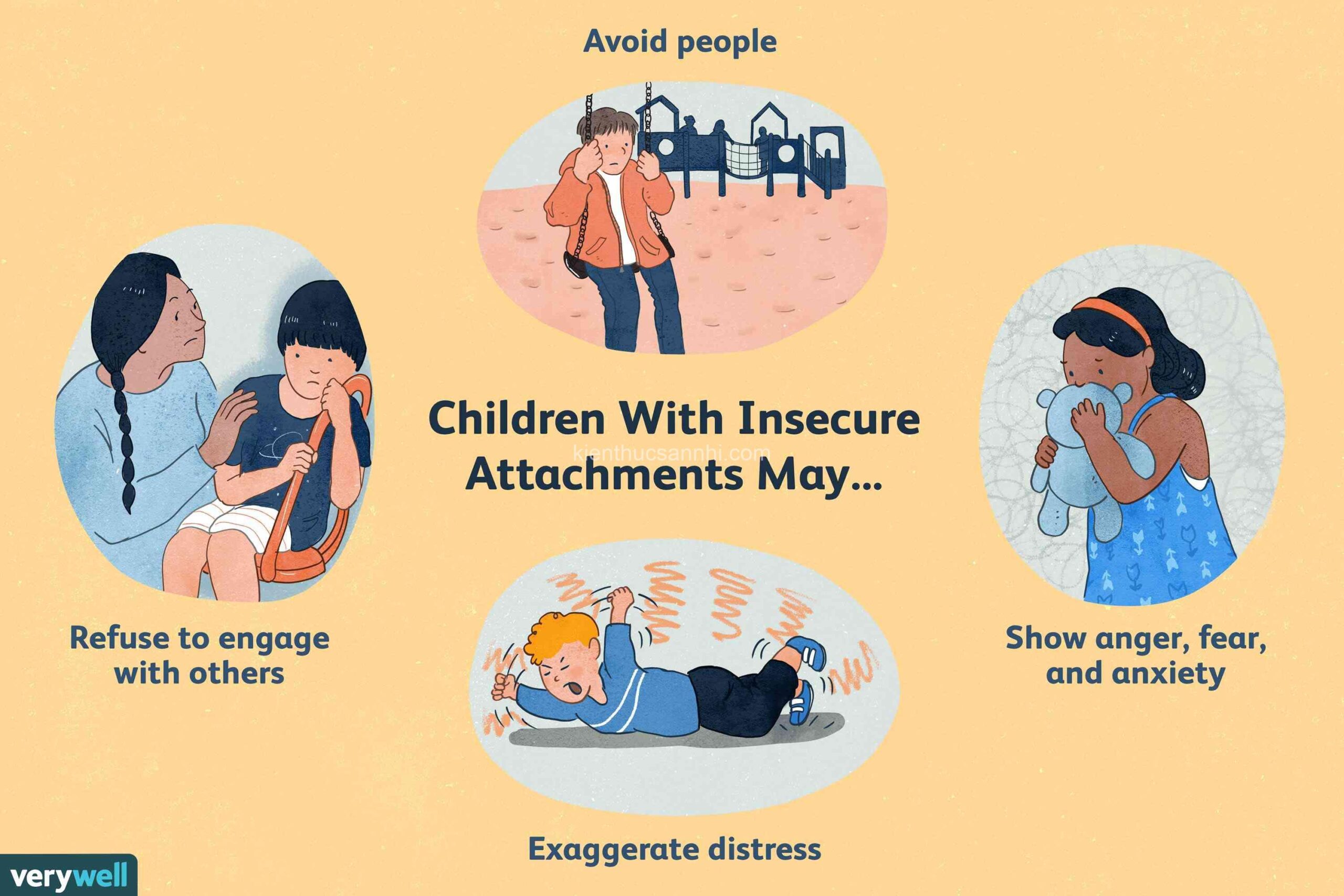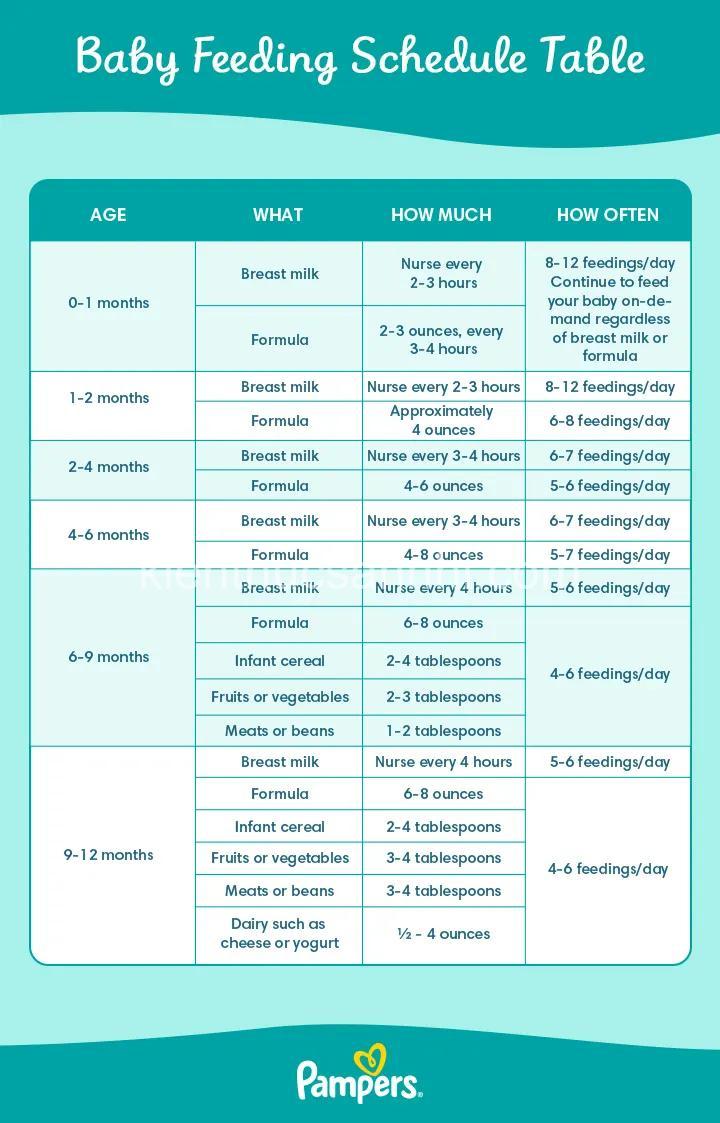
Staying Connected After Baby: Postpartum Friendship Tips. In today’s article, kienthucsannhi.com will explore with you in the most detailed and complete way. See now!
Navigating the Postpartum Period: Understanding the Challenges
The postpartum period is a time of immense change for new mothers. Your body is recovering from childbirth, your hormones are adjusting, and you’re learning to care for a newborn. This can leave you feeling exhausted, emotional, and even isolated. These physical, emotional, and hormonal changes can significantly impact your energy levels, sleep patterns, and ability to socialize. You might find yourself needing more time to recover, needing extra sleep, and having less energy for outings and activities.
However, it’s important to remember that this is a normal part of the postpartum journey. Your body is healing, your hormones are stabilizing, and your mind is adapting to this new chapter of motherhood. This is a time for self-compassion and understanding. Give yourself permission to rest, prioritize your needs, and lean into the support of your loved ones.
Remember, staying connected with friends is crucial for your well-being during this time. Social connection can provide a sense of normalcy, emotional support, and a much-needed break from the daily routine of motherhood. It can also help you feel less isolated and more connected to the outside world.

Practical Strategies for Staying Connected with Friends
Staying connected with friends during the postpartum period takes a bit of effort and planning. Here are some practical tips to help you maintain those vital relationships:
Communicate Your Needs:
- Be honest about your energy levels and time constraints. Let friends know that you might need extra time to respond to messages or may have to cancel plans at the last minute.
- Utilize online platforms like messaging apps and social media to stay in touch without feeling pressured to engage in lengthy conversations.
Embrace Low-Key Interactions:
- Suggest virtual coffee dates or online chats. This way, you can connect with friends without having to leave the house.
- Invite friends over for short visits. Limit the time spent to avoid feeling overwhelmed.
- Join online group chats or forums for new mothers. This allows you to connect with other moms going through similar experiences and find support and advice.
Schedule Time for Social Interaction:
- Block out time in your schedule for connecting with friends. Even a few minutes each day can make a difference.
- Plan activities you enjoy and that are manageable within your current energy levels.
- Consider joining a local mom’s group or attending a postpartum support class. This can provide a sense of community and allow you to connect with other mothers in your area.
Utilize Technology to Your Advantage:
- Use video calls to stay visually connected with friends. This can help you feel more engaged in the conversation and feel less isolated.
- Share pictures and updates of your baby with friends. This keeps them involved in your life and allows them to share in your joy.
- Participate in online communities for parents. There are many online forums, groups, and social media communities where you can connect with other mothers and share experiences, tips, and advice.
Ask for Help:
- Don’t be afraid to ask friends for help with chores, errands, or childcare. This allows you to focus on your baby and recharge.
- Accept offers for meals or childcare. This allows you to have some free time to yourself or catch up with friends.
- Encourage friends to support you in their own unique ways. Whether it’s running errands, bringing a meal, or just being a listening ear, friends can provide valuable support during this time.
Building Support Systems: The Power of Friendships
Friends can be a valuable source of support during the postpartum period. They can provide:
- Emotional Support: A listening ear, a shoulder to cry on, and encouragement during challenging times.
- Practical Assistance: Help with chores, errands, or childcare, allowing you to rest and recharge.
- A Sense of Normalcy: Reminders of your life before motherhood and a connection to the outside world.
Remember that friendships can be built on different levels of closeness. You may have close friends who you rely on for deep conversations and emotional support, casual friends who offer a fun distraction, and family members who provide practical assistance. All of these relationships can be valuable during the postpartum period.
Communicate Your Needs and Expectations:
It’s important to be honest with your friends about what you need and how they can best support you. Let them know if you need someone to listen, help with chores, or simply provide a distraction. Friends will be happy to support you if they know what you need.
Seek Out Supportive Communities:
- Online Support Groups: Many online forums and communities are specifically dedicated to postpartum experiences, offering a safe space for mothers to share experiences, seek advice, and find support.
- Local Mom’s Groups: Joining a local mom’s group can provide opportunities to connect with other mothers in your area, share experiences, and find support.
- Postpartum Support Classes: These classes offer valuable information and resources about the postpartum period, and they provide an opportunity to connect with other mothers.
Tips for Friends Supporting New Mothers
If you have a friend who is going through the postpartum period, here are some tips for providing support:
- Be Patient and Understanding: Recognize that new mothers may be experiencing fatigue, hormonal fluctuations, and emotional changes.
- Offer Specific and Practical Support: Instead of asking, “Do you need anything?” offer specific help, such as bringing a meal, running errands, or offering to watch the baby.
- Respect Boundaries: Don’t pressure your friend into social engagements she isn’t ready for. Respect her need for rest and time to adjust to motherhood.
- Encourage Them to Reach Out: Let her know that you are available if she needs anything, and encourage her to reach out if she needs a listening ear or a shoulder to cry on.
Maintaining Connections: Embracing Self-Care
Self-care is crucial for new mothers, especially when it comes to maintaining social connections. Here’s why:
- Improved Mental and Physical Health: When you prioritize self-care, you are better able to manage stress, cope with challenges, and have the energy to connect with others.
- Increased Energy Levels: Activities like exercise, mindfulness, and getting enough sleep can help you feel more energized and less drained.
- Improved Mood: Self-care can help you feel more positive and less overwhelmed, making it easier to engage in social interactions.
Prioritizing Self-Care:
- Find Activities You Enjoy: Engage in activities that bring you joy and help you feel more relaxed.
- Make Time for Rest: Getting enough sleep and prioritizing rest are crucial for your physical and mental well-being.
- Connect with Friends in Ways That Feel Good: If in-person gatherings feel overwhelming, explore virtual options or schedule short visits.
Resources for New Mothers
Here are some resources that can provide additional support and information for new mothers:
- Online Postpartum Support Groups: These groups can provide a safe space to connect with other mothers going through similar experiences and share tips and advice.
- Local Mom’s Groups: These groups can offer in-person support, social activities, and a sense of community.
- Mental Health Resources: There are many resources available to provide support for postpartum depression and anxiety. These can include therapists, support groups, and online resources.
Staying Connected: A Journey of Growth
The postpartum period is a time of immense change and growth. Staying connected with friends can provide valuable support and help you navigate this new chapter of motherhood. Remember that it’s okay to ask for help, set boundaries, and prioritize your well-being. Embrace the power of friendships and seek out support when you need it.
Stay connected with the latest information about animals and pet care by visiting my website: kienthucsannhi.com. I encourage you to share your own tips for staying connected during the postpartum period. Leave a comment below, share this article with other new mothers, and let’s create a supportive community for parents navigating these life-changing experiences.
FAQs About Staying Connected with Friends During the Postpartum Period
How can I explain to my friends that I need more time to recover and might need to cancel plans?
It’s perfectly acceptable to be honest with your friends about your needs. You can say something like, “I’m still recovering from childbirth and might need more time to recharge. I might have to cancel plans last minute, but I’ll try my best to let you know as soon as possible.”
How can I manage my time and energy to make time for both my baby and my friends?
Prioritize your needs and create a schedule that allows you to balance your responsibilities with your need for social connection. Delegate tasks, ask for help, and plan low-key activities that fit into your schedule.
What if my friends don’t understand my need for more space and time for myself?
It’s important to set boundaries with friends. Explain your needs clearly and calmly, and politely decline invitations if you’re not feeling up to it. You can also suggest alternative ways to stay connected, such as virtual coffee dates or online chats.
How can I find other new mothers to connect with for support?
Look for local mom’s groups, postpartum support classes, or online forums and communities. You can also reach out to friends and family members who have recently had babies for recommendations.
How can I find a balance between staying connected with friends and taking care of myself?
It’s essential to find a balance between your need for social connection and your need for rest and self-care. Prioritize your mental and physical well-being, and be honest with yourself and your friends about your limits.
EAVs:
- Postpartum Period – Duration – 6 weeks to 12 months
- Friends – Relationship Type – Close, Casual, Family
- Support Systems – Type – Family, Friends, Support Groups, Online Communities
- Communication – Medium – Phone, Text, Video Chat, Social Media
- Time Management – Technique – Prioritization, Delegation, Scheduling
- Boundaries – Type – Physical, Emotional, Time
- Self-Care – Activity – Exercise, Sleep, Mindfulness
- Technology – Tool – Social Media, Video Chat, Online Forums
- Online Groups – Type – Postpartum Support, Mom Groups, Parenting Forums
- New Mother – Emotional State – Anxiety, Depression, Joy, Exhaustion
- Baby – Age – Newborn, Infant, Toddler
- Sleep Deprivation – Level – Mild, Moderate, Severe
- Fatigue – Level – Mild, Moderate, Severe
- Social Connection – Frequency – Daily, Weekly, Monthly
- Communication – Frequency – Daily, Weekly, Monthly
- Self-Care – Frequency – Daily, Weekly, Monthly
- Support – Type – Emotional, Physical, Practical
- Time Management – Skill Level – Beginner, Intermediate, Advanced
- Boundaries – Effectiveness – Effective, Ineffective
- Technology – Familiarity – Beginner, Intermediate, Advanced
ERE:
- Postpartum Period (Entity) – Is a time of (Relation) – Physical, Emotional, and Hormonal Changes (Entity)
- New Mother (Entity) – May experience (Relation) – Sleep Deprivation (Entity)
- Friends (Entity) – Can provide (Relation) – Emotional Support (Entity)
- Support Systems (Entity) – Offer (Relation) – Practical Help (Entity)
- Communication (Entity) – Helps maintain (Relation) – Social Connection (Entity)
- Time Management (Entity) – Is essential for (Relation) – Self-Care (Entity)
- Boundaries (Entity) – Protect (Relation) – Mental Health (Entity)
- Technology (Entity) – Enables (Relation) – Virtual Communication (Entity)
- Online Groups (Entity) – Provide (Relation) – Sense of Community (Entity)
- Social Media (Entity) – Can facilitate (Relation) – Sharing Updates (Entity)
- Postpartum Depression (Entity) – Is a serious condition (Relation) – Requiring Treatment (Entity)
- Baby (Entity) – Requires (Relation) – Care and Attention (Entity)
- Sleep Training (Entity) – Can help with (Relation) – Sleep Deprivation (Entity)
- Mom Groups (Entity) – Offer (Relation) – In-person Support (Entity)
- Self-Care Practices (Entity) – Promote (Relation) – Well-being (Entity)
- Relationship Dynamics (Entity) – Change (Relation) – After Childbirth (Entity)
- Virtual Communication (Entity) – Offers (Relation) – Flexibility (Entity)
- Time Management Techniques (Entity) – Improve (Relation) – Efficiency (Entity)
- Social Connection (Entity) – Contributes to (Relation) – Mental Health (Entity)
- Online Support (Entity) – Provides (Relation) – Accessible Resources (Entity)
Semantic Triples:
- (New Mother, Experiences, Sleep Deprivation)
- (Friends, Provide, Emotional Support)
- (Support Systems, Offer, Practical Help)
- (Communication, Maintains, Social Connection)
- (Time Management, Essential For, Self-Care)
- (Boundaries, Protect, Mental Health)
- (Technology, Enables, Virtual Communication)
- (Online Groups, Provide, Sense of Community)
- (Social Media, Facilitates, Sharing Updates)
- (Postpartum Depression, Serious Condition, Requires Treatment)
- (Baby, Requires, Care and Attention)
- (Sleep Training, Help With, Sleep Deprivation)
- (Mom Groups, Offer, In-person Support)
- (Self-Care Practices, Promote, Well-being)
- (Relationship Dynamics, Change, After Childbirth)
- (Virtual Communication, Offers, Flexibility)
- (Time Management Techniques, Improve, Efficiency)
- (Social Connection, Contributes To, Mental Health)
- (Online Support, Provides, Accessible Resources)
- (Postpartum Period, Time Of, Physical, Emotional, Hormonal Changes)





